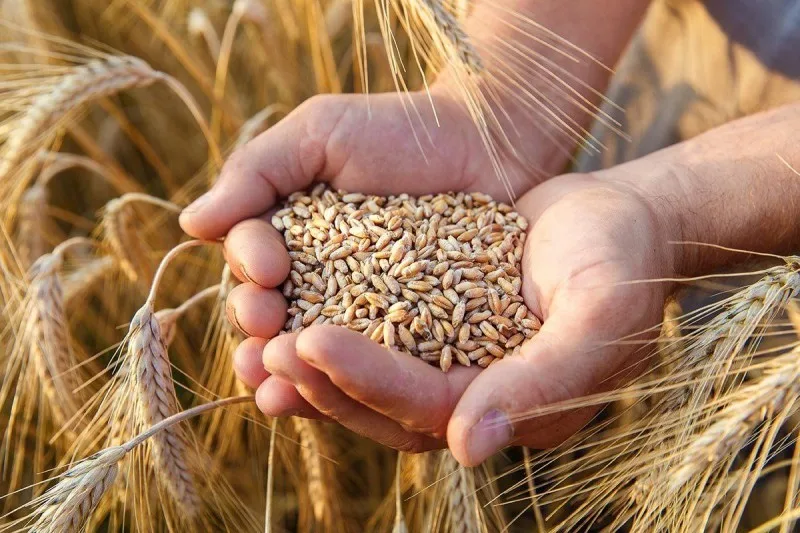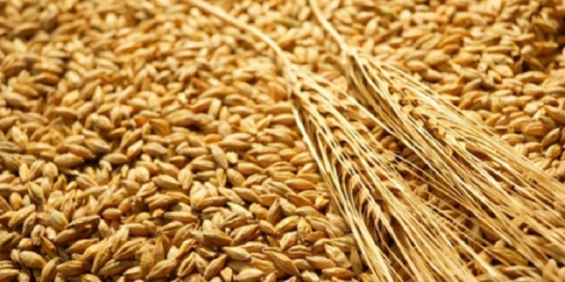Morocco Extends Wheat Import Subsidies Amid Drought in 2025
Rabat, Morocco – March 2025

In response to the ongoing drought and its significant impact on agricultural production, Morocco has announced the extension of its wheat import subsidy program until December 31, 2025. This decision aims to secure the country’s wheat supply and stabilize domestic markets amid declining local production.
A Necessary Measure Amid Drought
Morocco has faced consecutive years of below-average rainfall, which has severely affected grain production. The 2024 agricultural season recorded a substantial drop in wheat, durum, and barley output—decreasing by 43% to 3.1 million tons compared to previous years. Given these conditions, the Moroccan government, through the Ministry of Agriculture and the National Interprofessional Office of Cereals and Legumes (ONICL), decided to extend subsidies to ensure the steady importation of soft wheat.
Agriculture Minister Mohamed Sadiki emphasized that “ensuring food security is a national priority. Given the climate challenges, Morocco must rely on imports to maintain adequate wheat stocks and stabilize market prices.”
Details of the Subsidy Program
The wheat import subsidy program will now run from May 1 to December 31, 2025, covering a wide range of wheat importers. The Moroccan government will allocate financial support to cover price differences caused by global market fluctuations, ensuring affordability for consumers. The subsidy will primarily support imports from key suppliers, including the European Union, the Black Sea region, and North America.
According to ONICL, Morocco aims to maintain wheat reserves equivalent to five months of consumption, mitigating the risks associated with supply chain disruptions.
Economic and Market Impact
The subsidy extension is expected to:
- Support local millers and bakeries by stabilizing input costs.
- Ensure stable bread prices for Moroccan consumers, preventing inflationary spikes in staple foods.
- Encourage strong trade partnerships with international wheat suppliers, securing competitive pricing.
Economic analysts predict that while Morocco’s dependency on imported wheat may increase in the short term, this move is essential for food security, especially in urban areas where demand for bread and wheat-based products remains high.
Global Market Reactions
The decision has drawn interest from global wheat exporters, particularly in France, Russia, and Canada, who see Morocco as a key buyer. With the ongoing geopolitical tensions affecting grain exports from Ukraine and Russia, traders are closely watching Morocco’s purchasing trends.
A representative from a major European wheat exporting firm stated, “Morocco’s continued import strategy reinforces its role as a stable market for international suppliers, ensuring mutual economic benefits.”
Long-Term Strategies for Food Security
Beyond subsidies, the Moroccan government is investing in structural agricultural reforms to mitigate future drought-related risks. These initiatives include:
- Enhancing irrigation systems and promoting sustainable water use.
- Encouraging the adoption of drought-resistant wheat varieties to boost local production.
- Increasing investment in agri-tech and precision farming to optimize yields.
Minister Sadiki highlighted, “Subsidies are a short-term solution, but Morocco is committed to strengthening its agricultural resilience through long-term reforms.”
Conclusion
Morocco’s extension of wheat import subsidies is a critical step in navigating the ongoing drought and securing food stability for millions of citizens. As the country continues to grapple with climate challenges, a combination of short-term relief measures and long-term agricultural reforms will shape the future of Morocco’s food security strategy.

